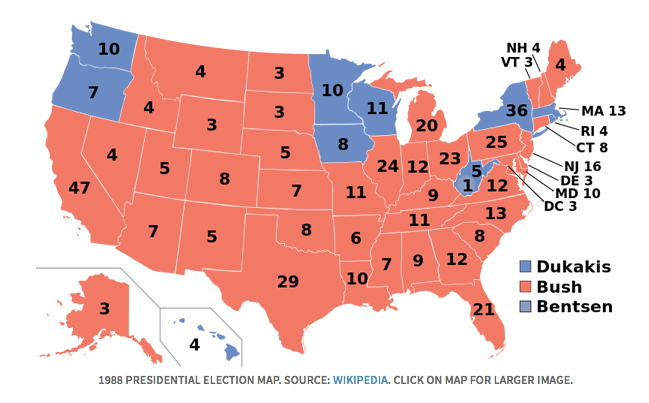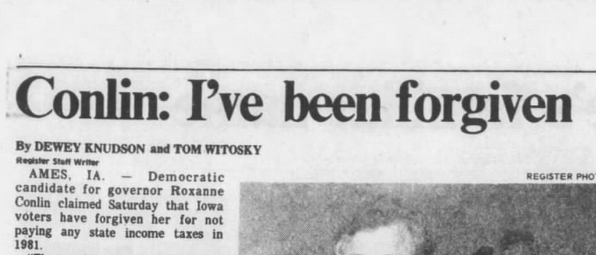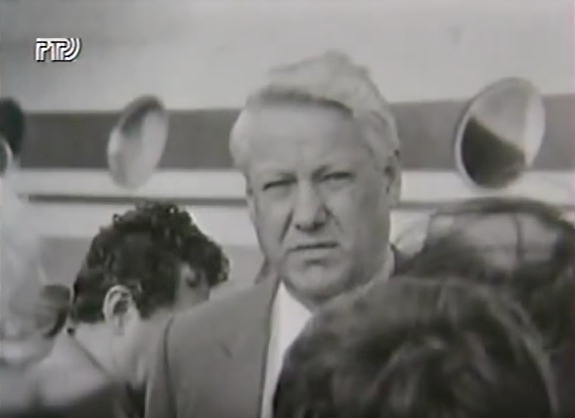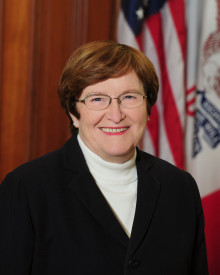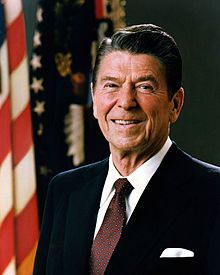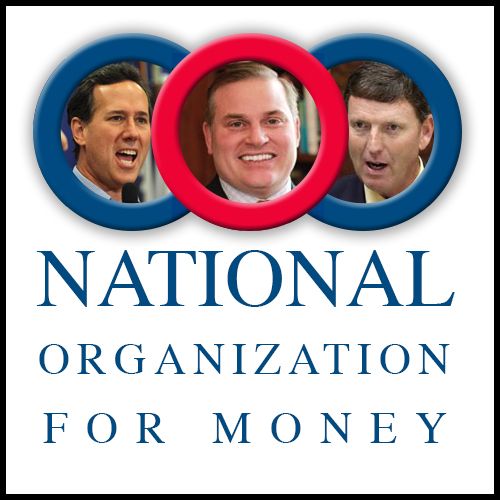Like many politically active teenagers, I was excited to be old enough to vote for the first time, in 1988. I’d volunteered and caucused for Paul Simon earlier in the year, but I had no trouble coming around to support our party’s nominee, Michael Dukakis. I was fortunate to attend part of the Democratic National Convention in Atlanta, where most people were confident we were going to win back the White House. By the time I filled out my absentee ballot in the fall, I was worried, because a disastrous debate moment and a brutal attack ad from George H.W. Bush’s campaign had turned things around.
Indeed, Dukakis was wiped out, gaining 7 million fewer votes and losing the electoral college 426 to 111.
As a college student on the east coast for most of Bush’s presidency, I felt proud that Iowa had been among the ten states to reject him. In fact, my favorite comeback to rude comments about “flyover country” was, “As least we voted for Dukakis.” It was more than people from New Jersey, Pennsylvania, Florida, Illinois, or even California could say.
This week I looked up the Iowa returns from 1988 and realized that Dukakis carried this state much more convincingly than I remembered: 670,557 votes to 545,355 (54.7 percent to 44.5 percent). Dukakis outpolled Bush here by roughly as large a margin as Donald Trump’s advantage over Hillary Clinton this week.
When I looked at the county map of results, I was stunned to see that Dukakis carried 75 of Iowa’s 99 counties. Bush carried only 24.

